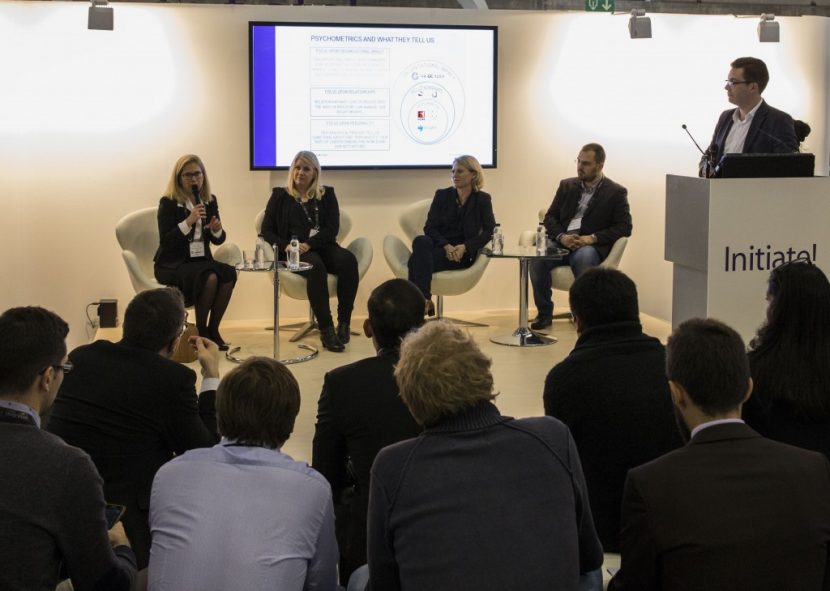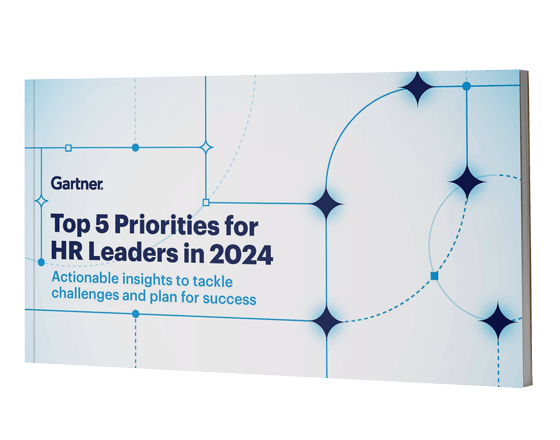Filippo Capizzi talks about the future of recruitment
Nathan Ott, CEO at The GC Index®, attended The Fira Barcelona Gran Via to chair a discussion, at the EUW 2016 conference, focusing on how organisations can attract, retain and stimulate the new generation. This created considerable debate about the future of work and recruitment practices required to move organisations on.
Nathan Ott took some time, after the session, to speak to Filippo Antonio Capizzi, former Research Engineer Intern with Engie and now fresh graduate and Sustainable Energy Transition enthusiast, to find out his thoughts on the future of recruitment in the sector.
Nathan Ott – “In your opinion, what is the biggest challenge leaders face in attracting and retaining young people?”
Filippo Antonio Capizzi – “There are three key challenges:
1. Company Culture: It’s the company culture that makes future employees feel they could be part of a company or organisation. If it’s not well defined, or if it sounds like any other company, no one will understand why company A is different from company B.
2. Investment: How organisations invest in their people (not just ’employees’) is also key, from employee development to rewards and recognition – get it right and you will retain your team, get it wrong and they will walk.
3. Open dialogue and feedback: Whatever role you cover in a company – from the CxOs to the last intern – if you don’t receive proper feedback it makes it difficult, both personally and professionally, to grow and move forward. In the short-term employees will be less productive, and long-term the employee may decide to quit.
Feedback is shown in different forms, from your colleagues’ reactions to your accomplished work, up to your boss just telling you that you did a ‘good job’. It doesn’t cost a lot, but the impact can be huge.”
Nathan Ott – “In your opinion, are organisations doing enough to ensure employees are in a position that plays to their strengths?”
Filippo Antonio Capizzi – “No, not enough. In my honest opinion, I believe that it’s a matter of business necessities. For example, a company often cannot afford (not in terms of money) to hire someone for a specific position. If they are needed because of a project, and then the project fails, they could have to move the individual into a position they don’t like or is not proficient in. Imagine the consequences.
In this case it’s common practice for organisations to source individuals from third-party companies or contractors. It lets you choose the people you need from time to time, but it doesn’t create loyalty or pure commitment to the company’s culture.”
Nathan Ott – “What’s the solution?”
Filippo Antonio Capizzi – “My advice is to inspire individuals to act more competently: invest more in ‘Graduate programmes’ or similar.
These programmes weigh up people’s skills in diverse environments, for example letting them work for different periods in different business units, and at the end of the programme they have had the opportunity to experience a large piece of the organisation. This opportunity will increase the chances of individuals seeing the potential and forming a planned career path, in turn increasing their loyalty and commitment. It is worthy of note that these programmes exist in some companies.
Also if there’s still the chance to move someone to a sector or division they have already tried and know they are happy in then this will decrease the chances of the employee being unhappy and leaving.”
Nathan Ott – “Impact v personality – which is the most important when considering talent?”
Filippo Antonio Capizzi – “A healthy personality will have a strong positive impact inside the organisation. And the opposite is also true – if someone is making a positive impact it will have a positive impact elsewhere. I’m not suggesting practical skills are not important, but a genius in engineering with no personal elegance is useful to nobody.”
Nathan and Filippo agree that organisations need to spend time focusing on the key – their teams. You could recruit the most qualifies person for the position but if they don’t understand how their role fits into the team or organisation and the role that others play they won’t produce as effectively as someone less “qualified” that does.
Not everyone is a Game Changer, but everyone can make a game-changing contribution.



